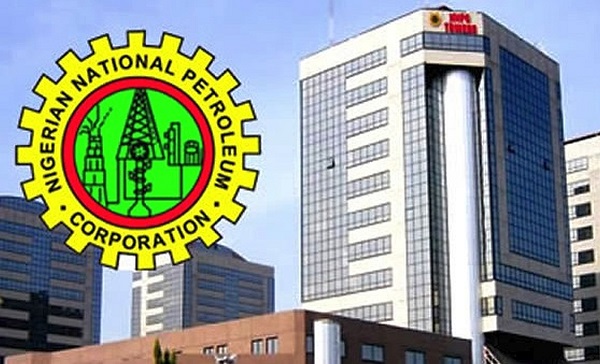This post has already been read 1560 times!
The Nigerian National Petroleum Corporation (NNPC) yesterday issued award letters to oil firms for the highly sought-after contracts to exchange crude oil for imported fuel.
Under the new contract that will take effect this month, a total of 15 groupings, with at least 34 companies in total, received award letters, four sources with knowledge of the deals said.
The winning groups include: BP/Aym Shafa; Vitol/Varo; Trafigura/AA Rano; MRS; Oando/Cepsa; Bono/Akleen/Amazon/Eterna; Eyrie/Masters/Cassiva/Asean Group; Mercuria/Barbedos/Petrogas/Rainoil; UTM/Levene/Matrix/Petra Atlantic; TOTSA; Duke Oil; Sahara; Gunvor/Maikifi; Litasco /Brittania-U; and Mocoh/Mocoh Nigeria.
NNPC’s crude swap deals, which were previously referred to as offshore crude oil processing agreements (OPAs) and crude-for-products exchange arrangements, are now known as Direct Sale-Direct Purchase Agreements (DSDP).
Under the deals, the NNPC supplies crude oil to selected local and international oil traders and refineries in exchange for petrol and diesel.
NNPC had in May 2017, signed the deals with local and international traders to exchange about 330,000 barrels per day (bpd) of crude oil for imported petrol and diesel, as part of measures to sustain the supply of petroleum products across the country.
However, the deals, which expired by the end of July 2018, were extended until the end of 2018.
The state-run oil firm later extended the $6 billion oil swap deals by another six months to June 2019.
Reuters reported that while the contracts have not yet been signed, that is largely a formality as the terms have been negotiated, the sources said, and the list of companies is unlikely to change.
NNPC spokesman, Mr. Ndu Ughamadu, when reached by Reuters for comment, said he would seek verification of the news.
The number of winners is an expansion on the previous list, which had 10 pairings with a total of 22 companies.
Oil companies work hard to get on the list, which gives them coveted, and potentially lucrative, access to Nigeria’s crude oil cargoes.
NNPC extended the previous contracts at least twice as the country focused on elections in February.
The swap deals have supplied virtually all of Nigeria’s petrol for the past two years, as capped prices mean that other would-be importers cannot make money bringing the fuel into the country.
Nigeria, with a population of some 190 million, consumes close to 40 million litres per day of petrol and is easily the largest fuel market in West Africa.
While NNPC has refineries with a combined nameplate capacity of 445,000 barrels per day, decades without regular maintenance or investment leaves the nation almost wholly reliant on imports.
[ThisDay]



